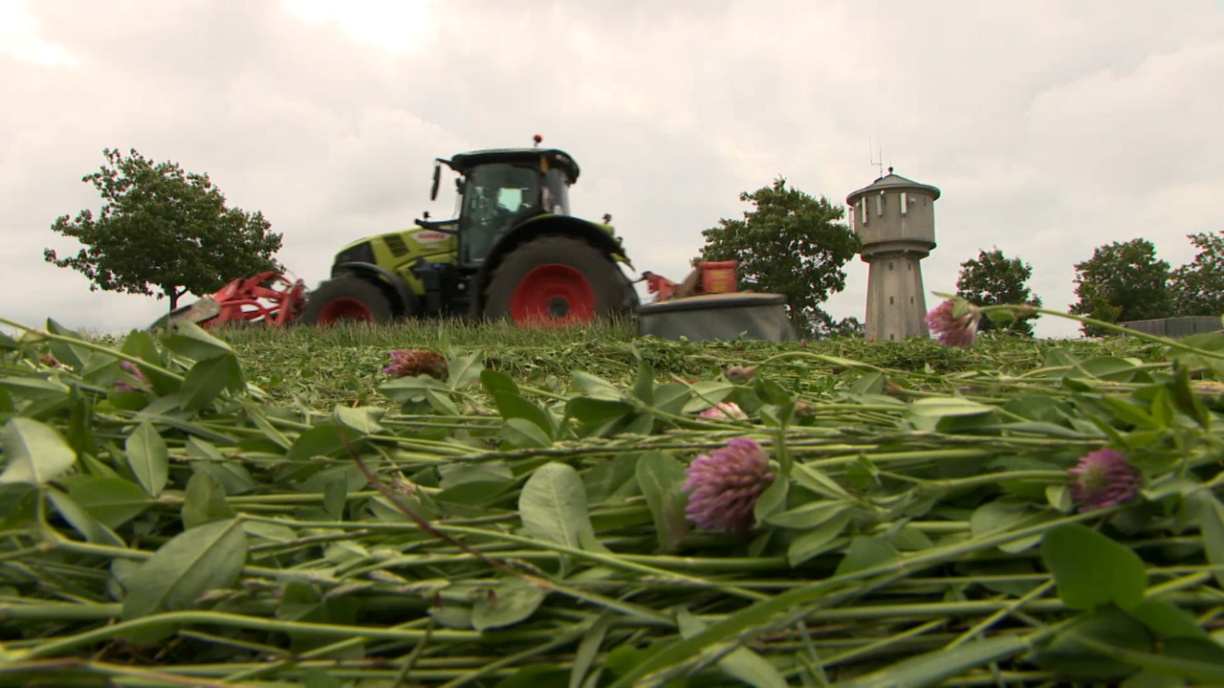
After a disappointing harvest in 2024, Luxembourg’s farmers are reporting better yields this year, with the agricultural cooperative Verband estimating an increase of 10 to 20 percent. The Verband states that wheat production is expected at six to eight tonnes per hectare compared with last year’s poor results, and the quality of bread wheat has generally been good.
But farmers remain concerned: grain prices are hovering around €14 per 100 kilos, a level not seen since the 1980s, while production costs have tripled over the last four decades, meaning many are selling at a loss, explained Serge Turmes, Director-General of the Verband.
Turmes added that the real problem this year is price: farmers are being paid the same as in the 1980s, even though costs for machinery, inputs, and labour have risen two- to threefold.
He also warned about the growing issue of ergot, a fungal contamination triggered by stress during flowering, whether from drought, excess rain, heat or cold. Climate extremes, he said, are making this problem increasingly common, and international standards on acceptable levels of ergot are stricter than before, so Luxembourg producers must sort their grain carefully to comply.
The global market is behind the price slump, Turmes continued, with bumper harvests worldwide leaving supply far higher than demand. The only exception is rapeseed, where prices have held up, he said. Turmes concluded that it is still too early to say whether Luxembourg’s government will step in with financial support, the sector will wait for the official harvest talks with Agriculture Minister Martine Hansen on 5 September.
On his farm near Gostingen, farmer Romain Weyrich described the impact: at present he is receiving just €14.50 per 100 kilos of wheat, which he said is nowhere near enough to cover costs. His options, he explained, are limited: either to feed the grain to his own livestock or store it in the hope that prices rise, though he does not expect any improvement in the coming months.
To survive, Weyrich said, farms need to diversify. He explained that, alongside cereals and dairy, he has invested in vineyards, producing both table grapes and wine. Here, the picture is brighter: both yield and quality look promising this year, with harvest likely to begin around 8 September, about a week earlier than usual, Weyrich said. He hopes for a little more rain in the coming days to give the grapes extra aroma, though he noted that even in viticulture prices are low and are barely covering costs, partly because wine consumption has fallen.